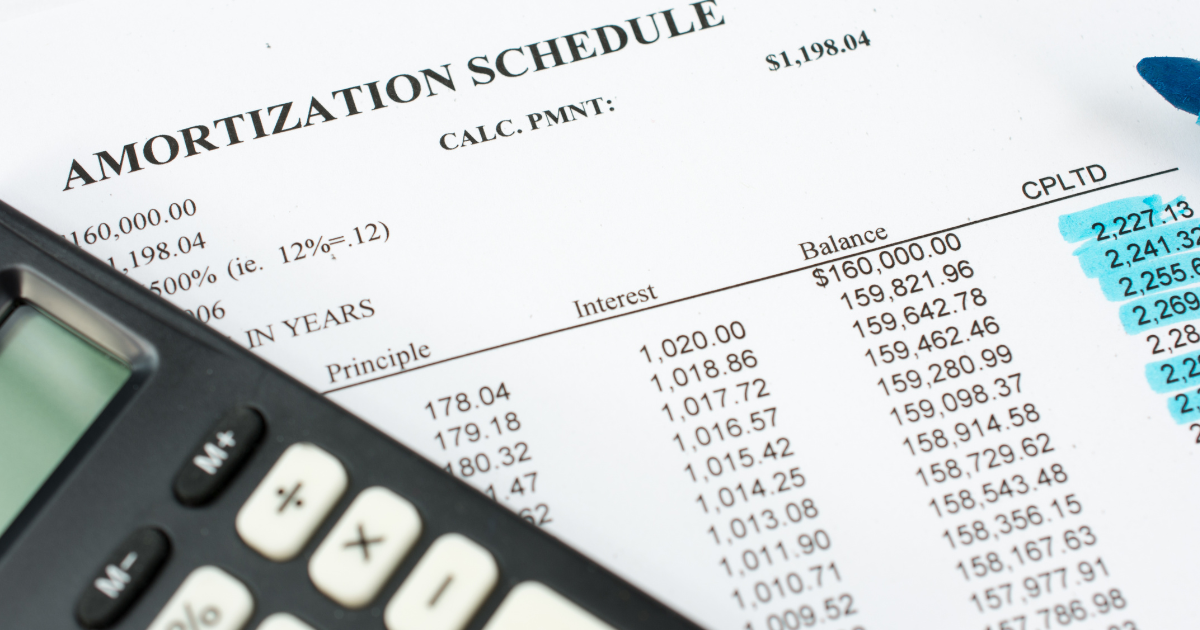Understanding the Mortgage Interest Deduction
For many homeowners, one of the biggest financial perks of owning a home is the mortgage interest deduction. This tax break allows eligible homeowners to deduct the interest paid on their mortgage from their taxable income, lowering the amount of income that’s subject to federal taxes. In some cases, this can save thousands of dollars each year.
The deduction is often misunderstood, though. Not every homeowner qualifies, and the way it applies depends on your filing status, loan size, and whether you itemize deductions. Let’s break down how it works, the rules in place today, and how to make the most of it.
What Counts as Mortgage Interest?
Mortgage interest is any interest you pay on a loan secured by your home. That includes:
- Interest on your primary mortgage.
- Interest on a second mortgage, like a home equity loan or home equity line of credit (HELOC), provided the funds were used to buy, build, or substantially improve the home securing the loan.
- Points paid to lower your rate, if paid upfront and meeting IRS criteria.
Other fees—like homeowners’ insurance, appraisal costs, or settlement fees—do not count as mortgage interest and can’t be deducted.
Who Qualifies for the Mortgage Interest Deduction?
To claim the deduction, you need to:
- Itemize your deductions – The standard deduction is often higher than what many households can claim by itemizing. If your total itemized deductions don’t exceed the standard deduction, you won’t benefit.
- Have eligible mortgage debt – For mortgages taken out after December 15, 2017, you can deduct interest on up to $750,000 of mortgage debt if married filing jointly, or $375,000 if filing separately. Older mortgages may qualify for the higher $1 million/$500,000 cap.
- Use the loan for a qualified purpose – The loan must be used to buy, build, or substantially improve your primary or secondary home.
Standard Deduction vs. Itemized Deductions
One of the biggest changes from the Tax Cuts and Jobs Act (TCJA) of 2017 was the nearly doubled standard deduction. For 2025, the standard deduction is:
- $14,600 for single filers.
- $29,200 for married couples filing jointly.
- $21,900 for heads of household.
Because of this, fewer homeowners itemize, meaning fewer can benefit from the mortgage interest deduction. For example, if your deductible mortgage interest is $8,000 and your other itemized deductions are $10,000, your total ($18,000) would still be less than the standard deduction for most filers. In that case, the deduction doesn’t add value.
Example: How the Mortgage Interest Deduction Works
Imagine you’re married filing jointly and took out a $400,000 mortgage in 2023 with a 6.5% interest rate. In your first year, you pay about $25,600 in interest.
- If you itemize deductions, you could deduct that $25,600 from your taxable income.
- If your combined itemized deductions (mortgage interest + property taxes + charitable donations, etc.) add up to more than $29,200, itemizing makes sense.
- If not, you’d stick with the standard deduction.
Special Cases: Home Equity Loans and HELOCs
Before 2017, interest on home equity loans could be deducted regardless of how the money was used. Now, it’s deductible only if the funds are used to buy, build, or substantially improve the home that secures the loan. For instance:
- ✅ Deductible: Using a HELOC to remodel your kitchen.
- ❌ Not deductible: Using a HELOC to pay off credit card debt or buy a car.
The Role of Form 1098
Your lender will send you IRS Form 1098 each year, showing how much mortgage interest you paid. You’ll use this to complete Schedule A if you itemize deductions. Always keep it with your tax records.
Common Misconceptions
Many homeowners assume:
- All mortgage interest is deductible: Only if you itemize and meet debt limits.
- All closing costs are deductible: Only interest-related points may be; other costs are not.
- Investment properties count: Mortgage interest for rental properties may be deductible, but as a business expense, not a personal itemized deduction.
How CapCenter Helps Homeowners
Understanding mortgage tax deductions is important, but it’s only part of the financial equation of homeownership. The interest you pay is tied directly to the rate you secure and the loan structure you choose. That’s where CapCenter’s expertise comes in.
By offering Zero Closing Cost mortgages, CapCenter helps clients save thousands upfront, freeing up funds for improvements or financial flexibility. We also make refinancing easier—if rates drop and it makes sense to refinance, our clients can do so without worrying about paying closing costs again.
When you combine tax savings with CapCenter’s cost savings, the impact on your long-term financial picture can be substantial.
FAQs: Mortgage Interest Deduction
Is mortgage interest still deductible in 2025?
Yes, though fewer people benefit since the standard deduction is high.
Do I need to itemize to claim it?
Yes. If you don’t itemize, you can’t claim the deduction.
Can I deduct interest on a second home?
Yes, as long as the loan falls under the mortgage debt limits and the home is for personal use.
What about refinancing?
If you refinance, you can still deduct mortgage interest as long as the loan amount stays within the IRS limits and is secured by your home.
Are mortgage points deductible?
Points paid to reduce your interest rate may be deductible in the year you pay them or over the life of the loan, depending on IRS rules.
Key Takeaway
The mortgage interest deduction can provide meaningful tax savings, but it isn’t as universally beneficial as it once was. Whether you gain from it depends on your unique tax situation. What’s always certain, though, is that keeping your mortgage costs low will save you money—whether through reduced interest payments or by avoiding unnecessary fees.
That’s why so many homeowners choose CapCenter, where Zero Closing Cost mortgages and competitive rates help maximize your financial advantage from day one.
If you’re considering a purchase, refinance, or exploring your options, check out our mortgage calculator or get started with a CapCenter loan officer today.




